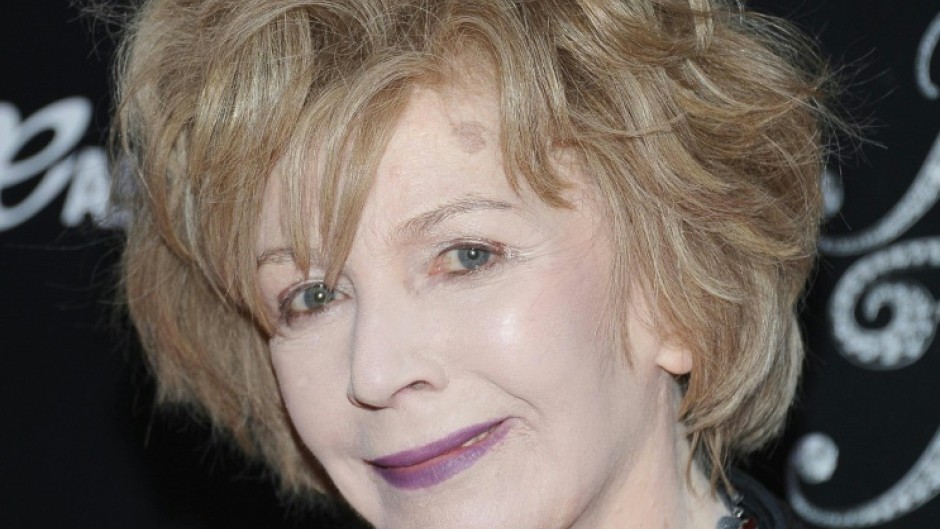DUBLIN - Tributes poured in on Sunday for Edna O'Brien, the radical Irish writer whose groundbreaking first novel "The Country Girls" was burned and banned in her native country, after her death at 93.
"She died peacefully on Saturday 27 July after a long illness," said a statement from her publisher Faber Books posted on X, formerly Twitter.
Irish Prime Minister Simon Harris said the country had "lost an icon" and "a brave, gifted, dignified and magnetic person".
"Most people would have stopped and hidden away with the misogyny she faced but Edna O'Brien kept working on her artistry and became one of modern Ireland's most celebrated and honoured writers," he said in a statement on social media.
"It is for all of us to reflect upon, and never forget, that to reach her potential Edna would leave Ireland and make London her home."
Irish President Michael D. Higgins said he had learned of the death of his "dear friend" O'Brien with "great sorrow".
She was "one of the outstanding writers of modern times" and "a fearless teller of truths", he said in a statement.
He added: "While the beauty of her work was immediately recognised abroad, it is important to remember the hostile reaction it provoked among those who wished for the lived experience of women to remain far from the world of Irish literature, with her books shamefully banned upon their early publication."
Micheal Martin, former Irish premier and current foreign and defence minister, hailed O'Brien on X as a "pioneer, never afraid to push boundaries through her work" who helped "usher in a new era in literature and in modern Ireland".
Culture Minister Catherine Martin described O'Brien as "a modernising force in Irish society who fearlessly advanced the cause of equality".
In 2018, she won the prestigious PEN/Nabokov Award for Achievement in International Literature, honoured for having broken down "social and sexual barriers for women in Ireland and beyond".
In 2021, France made her a Commander in the "Ordre des Arts et des Lettres", the nation's highest cultural distinction.
She received France's Prix Femina special prize in 2019, honouring the ensemble of her work.

